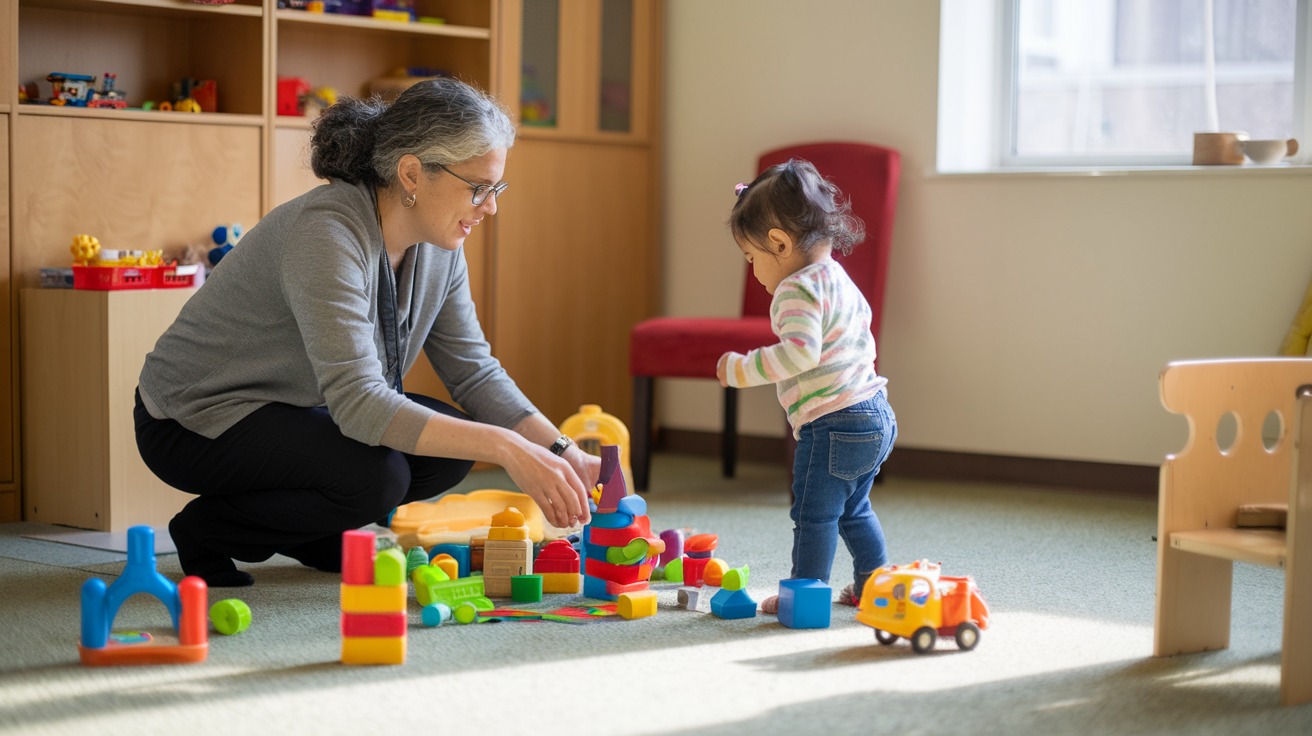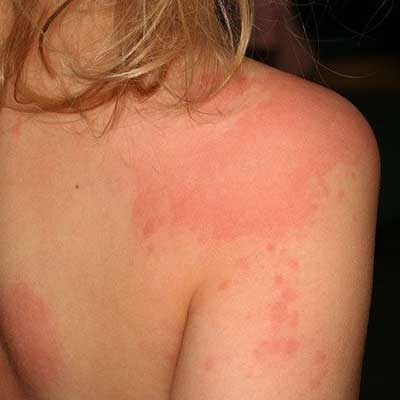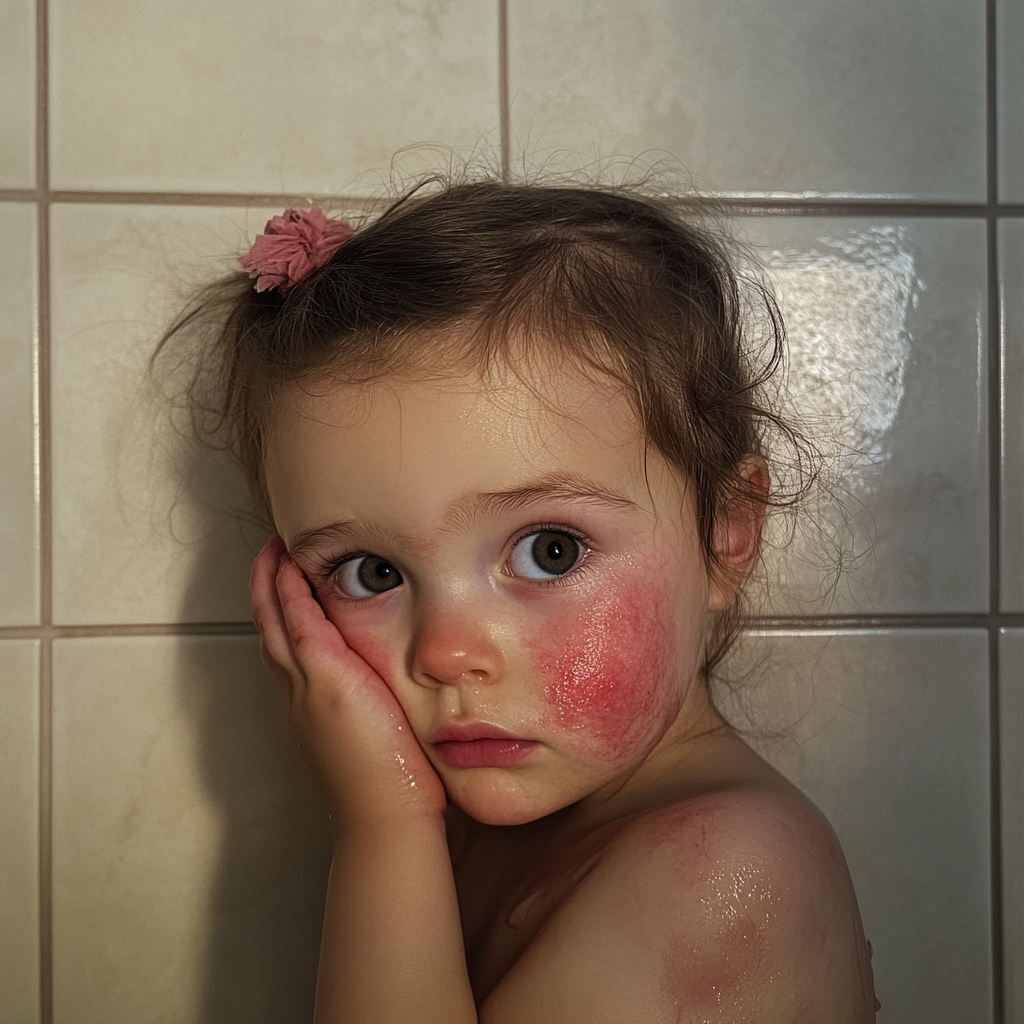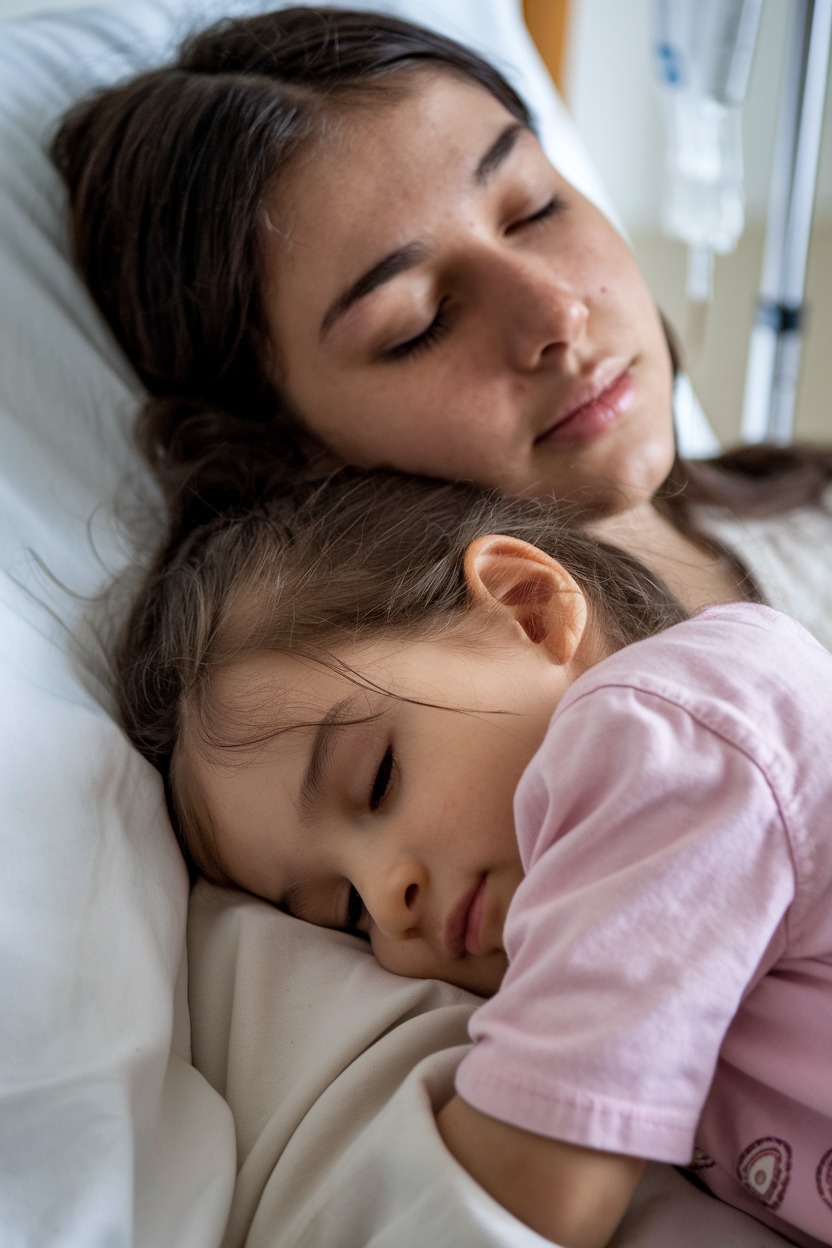My Mother-In-Law Didn’t Believe In My Daughter’s Allergies—And Nearly Took Her Life
My mother-in-law’s disbelief in my daughter’s life-threatening allergies nearly cost us everything. I’ll never forget the day she put my little girl’s life at risk—all to prove we were overreacting.
I’m a mother to a beautiful three-year-old girl who has several severe food allergies. Peanuts, eggs, dairy, and bananas are all off-limits, with peanuts and eggs being the most dangerous.
My husband and I have built our lives around keeping her safe, learning everything we can to protect her from reactions that could turn deadly in an instant.
Now, my mother-in-law has always been loving toward our daughter, her only grandchild. She’s generous and attentive, sometimes overly so—spending $300 on dresses she’ll only wear once, or bending over backwards to plan the perfect holiday.
At first, I appreciated her excitement about being a grandma and tried to encourage their relationship. But there was always an uneasiness, a feeling I couldn’t shake. MIL constantly questioned our choices for our daughter’s health, convinced we were overreacting about her allergies. Even though I tried to brush off her comments, it was clear she didn’t really believe in our daughter’s medical needs.

That afternoon, after my mother-in-law arrived with a fresh load of dresses and toys, she and my daughter settled into a game of dress-up. I’d been nursing a severe headache, and when she offered to watch my daughter so I could rest, I reluctantly agreed.
I had never left my daughter alone with her before, and for some reason, I felt uneasy as I lay down. I brushed it off. “It’s just an hour,” I told myself. “It’s fine.”
Only minutes into my nap, I was woken up by a scream. I rushed to my daughter’s room and found my mother-in-law in a panic. My daughter’s lips were a frightening shade of blue as she struggled for breath, her tiny body trembling.
Panic surged through me as I pulled out her Epipen, begging my daughter to stay with me as I administered it and then called 911. Moments passed, excruciatingly slow, before she finally took a gulp of air. As I held her close, I noticed a strong smell clinging to her clothes—bananas.
The paramedics arrived in no time. I stammered through the chaos, explaining her severe allergies as they started her on oxygen and loaded her into the ambulance. I had just enough time to turn to my mother-in-law, who stood silent, a look of shock on her face. But there was something else in her expression too, something I recognized instantly: guilt.

At the hospital, I broke down as I recounted what happened to one of the paramedics. He listened intently, then pulled something from his pocket—a half-eaten cookie he’d found on the floor of my daughter’s room. He held it up to my mother-in-law and asked, “Did you feed her this?”
Her face blanched, and she nodded, stammering, “It was just a peanut butter banana cookie! I didn’t think it would hurt her. I just wanted to prove she didn’t need all this… fuss.”
My heart dropped. “You KNEW about her allergies. You KNEW this could kill her. But you still chose to TEST her to dismiss her life-threatening condition as an overreaction?”
She gave a faint, dismissive smile. “Oh, please. She’s my granddaughter—I would never put her in danger. You just have her wrapped in bubble wrap, thinking she’s too fragile for anything.”
“Fragile? She nearly died because you thought you knew better than her doctors, better than her parents. How could you gamble with her life just to prove a point?”
She rolled her eyes. “Maybe if you weren’t so paranoid, we wouldn’t have to go through all this fuss.”
I felt myself shaking, torn between anger and heartbreak. “You’re not her mother. You had no right to make that choice for her.”
Her eyes hardened, a flash of something dark crossing her face. “And you had no right to keep her from a normal life. You’ve made her weak with all your paranoia. Someone needed to do what was best for her.”
I stared at her, realizing that no explanation would ever make her understand the danger she had put my daughter in.

Later, as my husband joined us in the hospital, he shared how his mother had called him, sobbing hysterically, blaming us for exaggerating our daughter’s condition. Her reasoning was both infuriating and nonsensical—she insisted our “paranoia” over food allergies was harming our daughter more than helping her.
When he demanded to know why she’d given her the cookie, she confessed that she’d been sneaking allergen-laced treats into her purse for a year, “just in case” she got the chance to test her theory.
The betrayal hit us both like a sledgehammer. I couldn’t bear the idea that the woman I’d allowed into our lives, into my daughter’s life, had been gambling with her health for her own selfish satisfaction.
After the hospital reported her actions to the police, a detective came to take statements. They informed us she’d be held temporarily for her suicidal threats while they investigated her attempts to sabotage our daughter’s health. My husband was heartbroken but resolute. He knew what we had to do to protect our daughter, no matter how devastating it was to face the reality of his mother’s actions.
As we stayed in the hospital, her toys began arriving, piling up outside our door. Every trinket was a haunting reminder of my mother-in-law’s twisted obsession. We gathered them up and let my daughter share them with other kids in the hospital, finding small moments of joy and normalcy amidst the trauma.
When my daughter asked for her “Nana,” we explained as gently as we could: “Grandma made you sick, sweetie. She hurt you, and now she has to be in time out.” The counselor advised us to emphasize kindness, assuring her that hurting others is never okay, even when it’s family.

We left for Ireland a month later, a refuge where I could hold my daughter close and finally let my heart heal a little. My husband, still grieving the mother he thought he knew, started therapy, a lifeline as he struggled with the harsh truth that his mother had chosen her need to control over his daughter’s wellbeing.
But that wasn’t the end. Not even close.
When we returned, my mother-in-law made repeated attempts to contact us, each time with escalating desperation. We had blocked her from contacting our daughter’s preschool, yet one day, she showed up, feigning a “family emergency” to pick her up. Only the quick actions of the preschool staff, who locked down her class, kept my daughter safe that day.
Then, during our move to a new state, she found out our plans and appeared outside our home, blocking the moving truck. Police took her away for violating the restraining order, giving us the final relief of knowing we’d taken every measure to shield our child from her dangerous fixation.
Our new lives began with heavy security, but we were ready. My daughter’s program to slowly build tolerance to her allergens was going well, and with time, our family began to feel whole again.
Though I grieved deeply for my husband, who’d lost the mother he thought he knew, my duty was clear: to be there for my child, to protect her against any threat, and to rebuild our peace.
And the peace we found was worth it. We were safe, at last, and together.
This story is based on a true story. All the names in the story have been changed.

